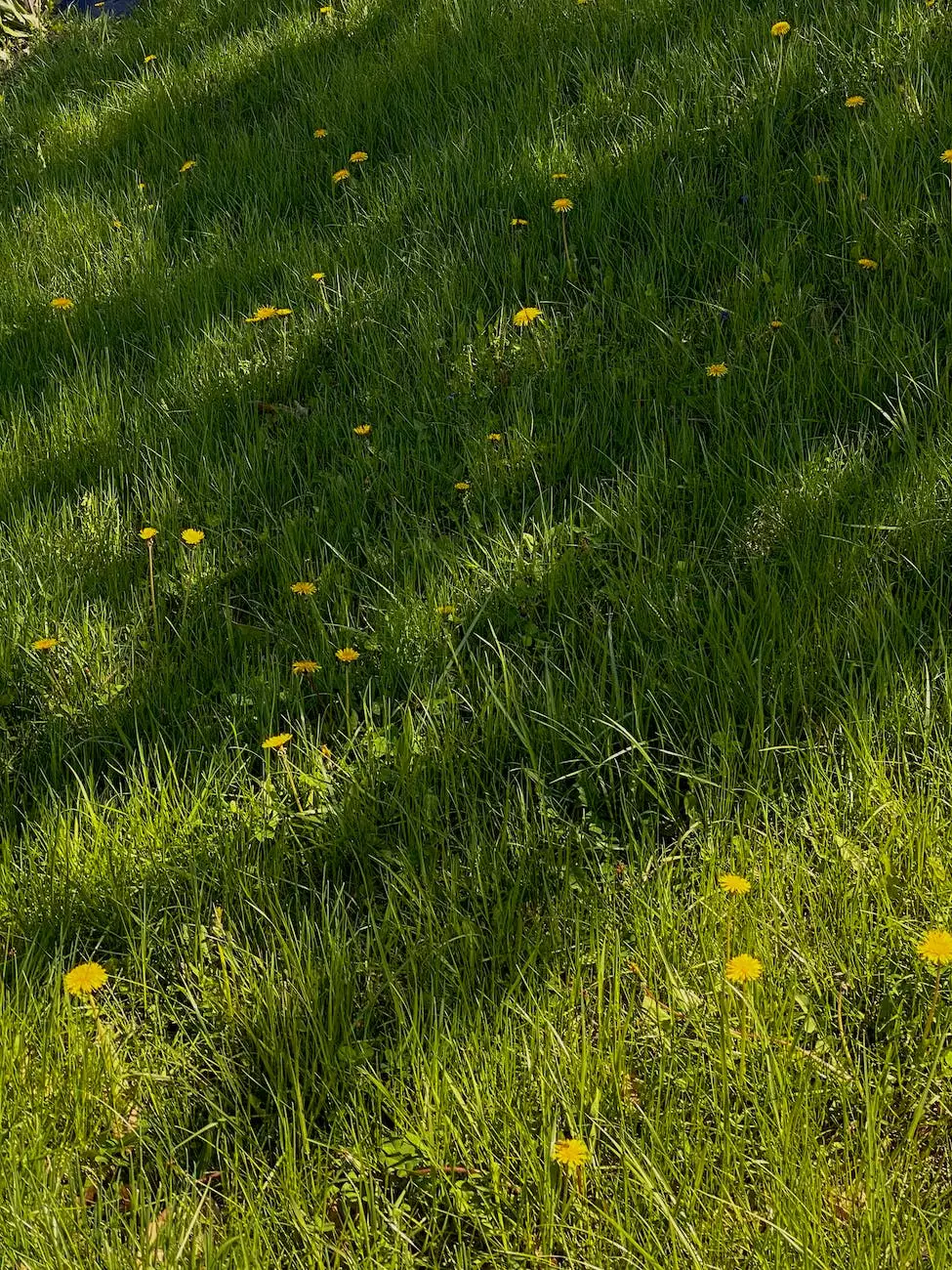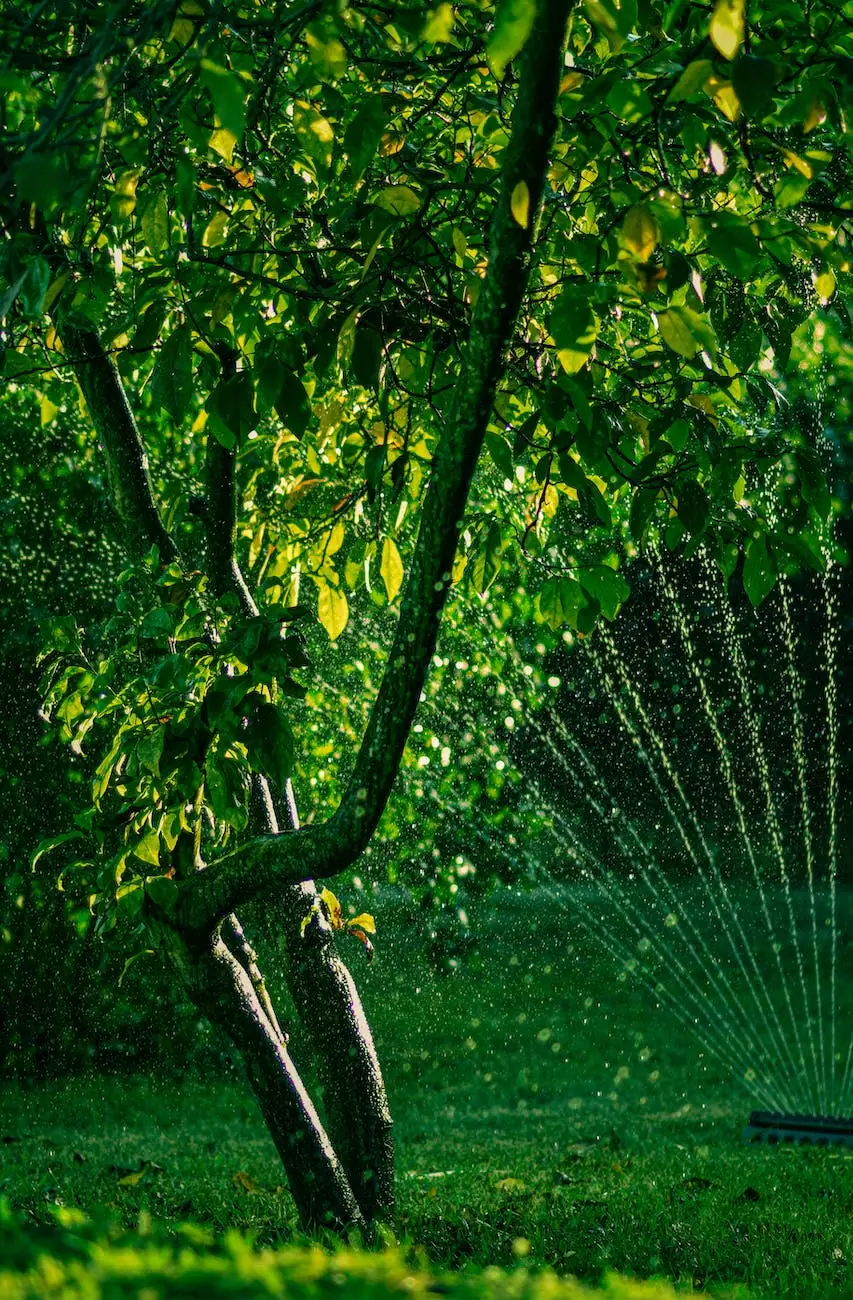Summer Lawn Care 101: How to Keep Lawn Green in Summer Heat
Lawn Care Tips
Introduction
Welcome to Always Lovely Lawn Care, your trusted source for expert advice and tips on maintaining a beautiful, green lawn. In this comprehensive guide, we will share valuable insights and techniques on how to keep your lawn vibrant and healthy even during the hottest days of summer.
Understanding the Summer Heat Challenges
As the temperature rises, your lawn faces a unique set of challenges. High temperatures, intense sunlight, and reduced rainfall can wreak havoc on the health and appearance of your lawn. However, with the right lawn care practices, you can combat these challenges and ensure your grass remains green and lush.
Proper Watering Techniques
Watering your lawn correctly is the foundation of maintaining its health during the summer heat. Here are some key watering tips:
- Water deeply and infrequently: Instead of frequent shallow watering, ensure your lawn receives a deep soak once or twice a week. This encourages deep root growth and increases drought tolerance.
- Water in the early morning: Watering in the early morning allows the grass blades to dry out during the day, minimizing the risk of diseases and fungal growth.
- Use a sprinkler system or irrigation: Consider investing in a sprinkler system or irrigation to ensure even water distribution across your lawn.
- Avoid overwatering: Overwatering can lead to shallow root growth, weed growth, and excessive thatch buildup. Monitor your lawn's moisture levels to avoid this.
Proper Mowing Techniques
Mowing your lawn correctly is crucial for promoting healthy growth and preventing stress during hot weather. Follow these guidelines:
- Maintain proper grass height: Adjust your mower height to maintain the ideal grass height for your specific grass type. Taller grass shades the soil, reduces water evaporation, and discourages weed growth.
- Don't remove more than one-third of the grass blade: Avoid cutting your grass too short, as this weakens the grass and hinders its ability to withstand heat and drought.
- Keep your mower blade sharp: Dull blades tear grass instead of cutting it cleanly, leading to stress and vulnerability to pests and diseases.
- Mow when the grass is dry: Mowing wet grass can result in uneven cuts and increase the risk of lawn diseases.
Fertilizing for Summer Resilience
Fertilization plays a vital role in strengthening your lawn against summer heat stress. Consider these tips:
- Choose a slow-release fertilizer: Slow-release fertilizers provide a steady supply of nutrients to your lawn and promote healthy growth throughout the summer.
- Apply fertilizer at the right time: Apply the fertilizer just before a period of rainfall or water your lawn immediately after application to activate the nutrients.
- Avoid excessive nitrogen: While nitrogen is essential for green growth, applying too much during hot weather can lead to burnout and damage to your lawn.
- Consider organic alternatives: Organic fertilizers provide a natural and safe way to nourish your lawn without the risk of chemical burn or damage to the environment.
Managing Weeds and Pests
Weeds and pests compete with your grass for essential nutrients and can quickly invade a weak lawn. Here are tips to keep your lawn free from unwanted intruders:
- Maintain a thick lawn: A dense, healthy lawn naturally prevents weed growth by shading the soil and depriving weeds of sunlight.
- Spot treat weeds: If you notice any weeds, promptly treat them with suitable herbicides or manually remove them to prevent them from spreading.
- Monitor for pests: Regularly inspect your lawn for signs of pests such as grubs, chinch bugs, or armyworms. Early detection allows for targeted treatments and prevents extensive damage to your lawn.
- Consider natural pest control: Utilize organic pest control methods whenever possible to minimize the use of harmful chemicals in your outdoor space.
Maintaining Healthy Soil
The foundation of a resilient lawn lies in its soil. Take these steps to maintain healthy soil:
- Aerate your lawn: Regularly aerate your lawn to alleviate soil compaction and enhance water and nutrient absorption.
- Test and adjust soil pH: Conduct a soil test to determine its pH level and make necessary adjustments to create the optimal conditions for grass growth.
- Add organic matter: Incorporate compost, organic mulch, or other organic materials into your soil to enhance its fertility and water-holding capacity.
- Overseed bare patches: Fill bare patches in your lawn by overseeding with the appropriate grass seed, ensuring better coverage and reducing the chances of weed growth.
Conclusion
With the tips and techniques provided by Always Lovely Lawn Care, you are now equipped to maintain a green, healthy lawn throughout the summer heat. Remember to water properly, mow correctly, fertilize strategically, manage pests, and maintain healthy soil. By adopting these practices, you can enjoy the benefits of a vibrant and lush lawn that adds beauty to your home and garden.
For more personalized assistance or professional lawn care services, feel free to contact Always Lovely Lawn Care. Our team of experts is always ready to assist you in achieving the lawn of your dreams!










